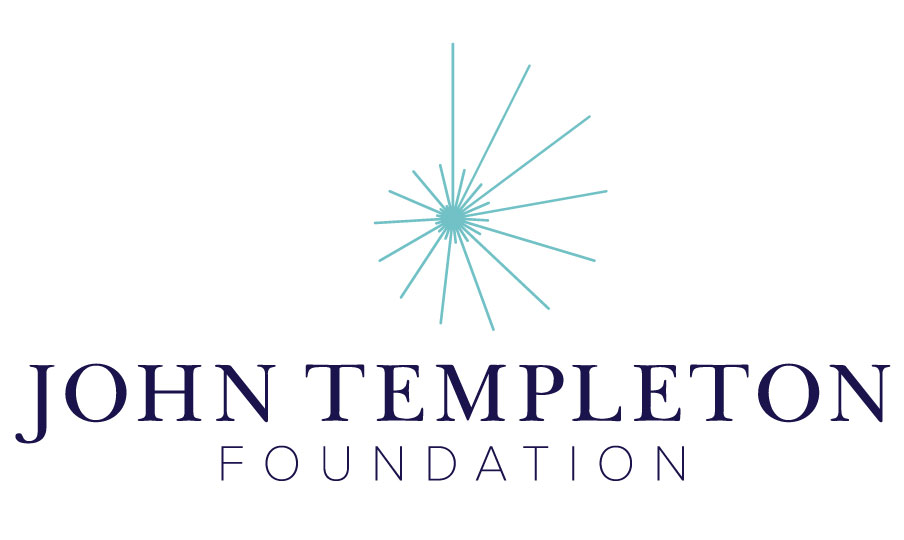May 23-24, 2019
Digital Humanities and Classical Studies: Prospects and Challenges
- Workshop
- Dept. III
There is a rich history within Classics for the use of digital humanities (DH) and computational methods. There is also a healthy amount of skepticism by some in the field who maintain that there is a fundamental division between technology and tradition. It is necessary to address the nature of this conceptual boundary and its attendant concerns. Why have some in Classics resisted digital tools and methods? Can DH adversely impact how scholars are trained in critical skills like translation? We must also ask, what is the future of the field and how do we ensure its survival in an academic environment that sees the humanities often struggling to define their purpose? As we in Classical Studies continue the common practice of drawing a number of different kinds of sources around our particular research questions, how can we usefully incorporate digital tools into our practice? What are the potential benefits of DH in Classical Studies and what can advances in technology bring to our analyses of texts, corpora, and networks?
It is also crucial for scholars working at the intersection of classics and DH to go “beyond the database”—i.e., to get past the creation (and recreation) of endless database projects and actually investigate how the application of data collection/management can be used to advance scholarship and influence pedagogy. What can database or “distant reading” approaches tell us about our materials that traditional close reading cannot? How can databases be used to better collate and disseminate scholarly knowledge, or discern large-scale patterns in the historical record?
Participants in the workshop will discuss promising results to date and plans for the immediate future, as well as discuss prospects for collaboration or integration of efforts.
Contact and Registration
Please register for this event at https://goo.gl/forms/WjOYV1tghWILD0hD2 until May 16. For further information or in case of questions, contact Shih-Pei Chen.

